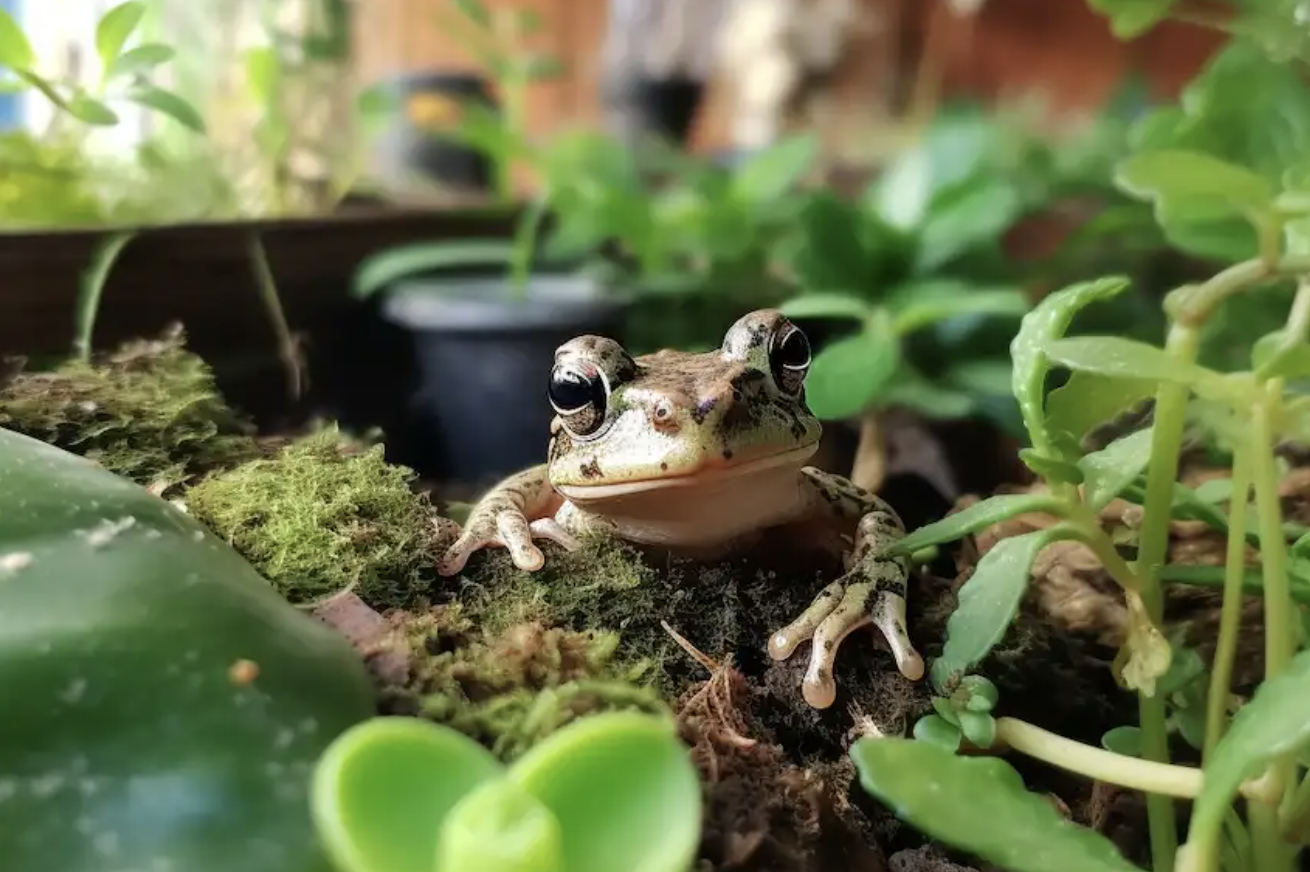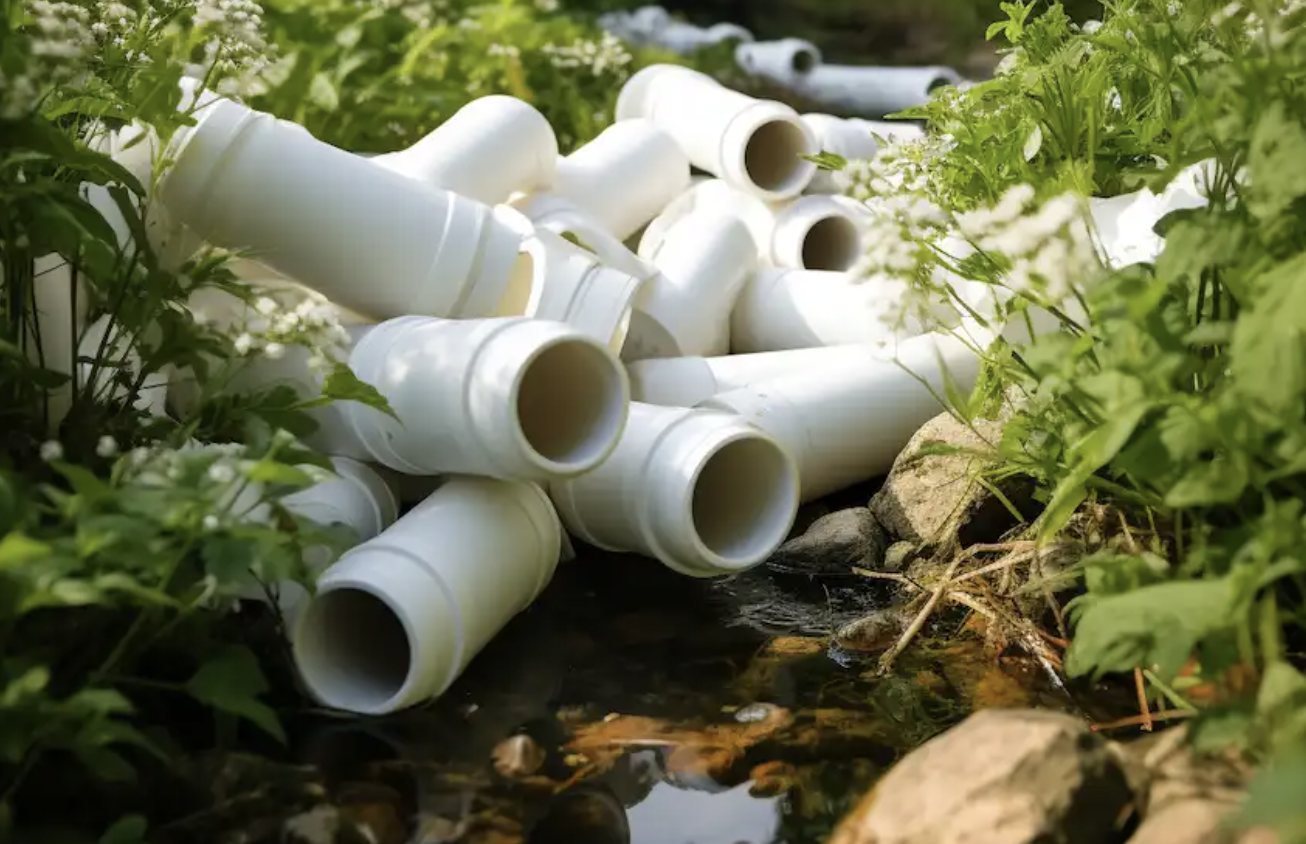Introduction to the Benefits of Frogs in Gardens
Frogs play a vital role in maintaining a healthy garden. They are natural predators of many common garden pests, helping to keep insect populations under control. This reduces the need for chemical pesticides, promoting a more organic approach to gardening. Frogs also contribute to soil health by aerating it as they move, which enhances water absorption and nutrient distribution, benefiting plant growth.

The Ecological Importance of Frogs
As indicator species, frogs reflect the overall health of an ecosystem. A healthy frog population suggests a balanced environment, while a decline can indicate ecological disturbances. This makes them essential for monitoring garden health. Moreover, frogs are part of the garden food chain, serving as prey for birds and other wildlife, thereby maintaining ecological balance.
Building Your Frog Hotel
Creating a frog hotel involves simple materials and steps. You’ll need PVC pipes, a container like a plastic tub or bowl, optional native water plants, pebbles, and safe, non-toxic paint for decoration.
Construction Process
- Cut PVC pipes into varied lengths and smooth their edges.
- Position the pipes in your container and stabilize them with pebbles.
- Optionally, add water plants, enhancing the habitat’s appeal.
Location and Care
- Place the frog hotel in a shady, moist spot in your garden, away from direct sunlight.
- Regularly check and refill with clean, dechlorinated water to ensure a hospitable environment.
Personalizing Your Frog Hotel
- Decorate the exterior with non-toxic paint to integrate it aesthetically into your garden setting.

Additional Tips for a Frog-Friendly Garden
- Avoid using pesticides to ensure a safe environment for frogs.
- Supplement your frog hotel with additional hiding spots, like rocks or logs, to provide more shelter options.
- Keep water sources clean as frogs are sensitive to pollutants.
Installing a frog hotel is a simple yet impactful way to enhance your garden’s ecosystem. By providing a safe haven for these beneficial creatures, you contribute to biodiversity and enjoy a healthier, more vibrant garden.



